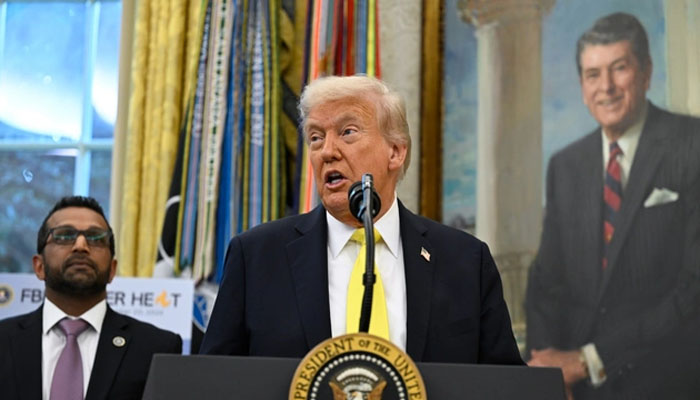Supreme Court Reinforces Judicial Oversight in Judge Transfer Process

Supreme Court: Judicial Approval Mandatory at Four Stages in Judge Transfer Process
Islamabad – The Supreme Court of Pakistan on Monday stressed that judicial approval is essential at four separate stages in the process of transferring judges, underlining the need to preserve judicial independence and maintain seniority structures within the judiciary.
A five-member constitutional bench, led by Justice Muhammad Ali Mazhar, heard the case regarding constitutional matters linked to the transfer of judges. The hearing raised significant concerns about judicial independence, the role of constitutional articles, and the seniority of judges.
Lawyer Faisal Siddiqi, presenting his arguments, stated that the Islamabad High Court was established under Article 175 of the Constitution. He emphasised that current laws regarding judicial appointments apply only to the provinces and therefore do not support the transfer of judges to the Islamabad High Court under the existing legal framework.
Siddiqi further argued that any such transfer should not be considered permanent, and judges do not need to retake their oath upon returning. He claimed that the current system of transfers undermines the authority of the Judicial Commission, violating the spirit of constitutional provisions.
Justice Muhammad Ali Mazhar clarified the transfer process, explaining that it involves four key stages: approval from the chief justice of the originating high court, the chief justice of the receiving high court, the judge in question, and the chief justice of Pakistan. If any one of these parties disagrees, the transfer cannot proceed.
Justice Shakeel Ahmed noted that many disputes over judge transfers and appointments could be resolved by having a unified seniority list across the judiciary. Siddiqi concurred, adding that altering a seniority list built over decades using executive authority is a form of overreach.
Siddiqi concluded by alleging that the judiciary was kept uninformed about changes impacting seniority and that the law was manipulated in bad faith.
The hearing was adjourned until Tuesday, with Attorney General Mansoor Usman Awan expected to continue his arguments.

Punjab Government Bans Extremist Group, Strengthens Law Enforcement
Lahore – The Punjab government, led by Chief Minister Maryam Nawaz Sharif, has approved a comprehensive plan to reinforce law…
Saudi Premium Residency Program October 2025 Update
RIYADH: The Saudi Premium Residency Program October 2025 update has officially been released, outlining revised application procedures, fees, and enhanced…
Trump Reminded Modi Government of 7 Jets Shot Down in Pak-India War
U.S. President Donald Trump once again reminded the Modi government of the 7 Indian jets shot down during the recent…
No Compromise on Return of Hostages: Israeli Prime Minister
Israeli Prime Minister Benjamin Netanyahu has said clearly that there will be no compromise on the return of hostages. He…

Hundreds of Thousands Missed in Pakistan’s Polio Drive
Pakistan’s recent anti-polio campaign fell short of reaching all targeted children, leaving more than 420,000 unvaccinateTd. he vaccination drive took…
Levies Officer Killed in Attack on Polio Team
SWAT: A Levies personnel was martyred on Tuesday during an armed attack targeting a polio vaccination team in the Arkot…
Toxic cough syrup linked to 17 child deaths in India
India’s drug regulator has confirmed that several pharmaceutical companies failed to follow safety rules for testing medicinal ingredients. This comes…
Sindh to Punish Parents Rejecting Polio Vaccination
KARACHI: The Sindh government is considering tough penalties for parents refusing to vaccinate their children against polio. Officials said possible…

Pakistan Army Kills 50 Militants in Mohmand Operation
MOHMAND – October 16, 2025: The Pakistan Army successfully thwarted…5 hours ago
Karachi Water Supply Disrupted Due to Pipeline Repairs
KARACHI – October 16, 2025: The water supply in Karachi…5 hours ago
KP CM Sohail Afridi Denied Meeting with Imran Khan
RAWALPINDI – October 16, 2025: Khyber Pakhtunkhwa Chief Minister Sohail…5 hours ago
TLP Protests Killed 11 Police, Injured Over 1,600
LAHORE – October 16, 2025: The Punjab police have released…5 hours ago


















